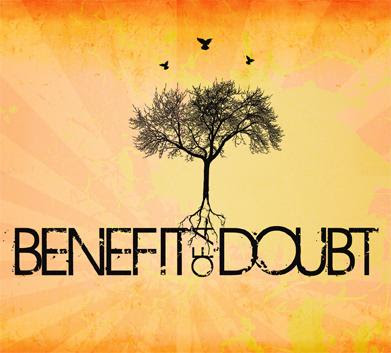 Anyone who reads SHS knows I am very worried about the health care rationing that this way comes. And it would be very easy to make hay out of this story as a case of Obamacare chickens coming home to roost. But that wouldn’t be fair. I don’t think this FDA decision involves rationing or “death panels” at all.
Anyone who reads SHS knows I am very worried about the health care rationing that this way comes. And it would be very easy to make hay out of this story as a case of Obamacare chickens coming home to roost. But that wouldn’t be fair. I don’t think this FDA decision involves rationing or “death panels” at all.
Indeed, despite many charges that the FDA’s withdrawal of provisional approval of Avastin for treatment of late stage breast cancer is based on money, I am not convinced. The question is one of efficacy, and I think reasonable medical minds clearly differ on the extent—or actuality—of its benefit for late stage breast cancer. Indeed, an oncologist I would trust with my life has expressed serious doubts to me.
Still, if some women benefit, I don’t think approval should have been withdrawn. And it appears some women do, indeed, receive extra time from the drug. From the NYT story:
It is rare for the F.D.A. to take a drug off the market that it had earlier granted accelerated approval. Agency officials pointed out that European regulators had given full approval to Avastin, not conditional approval as the F.D.A. had. F.D.A. officials said that was why the approval was not revoked in Europe. Many experts said Avastin appeared to help some patients live longer. But right now, it is impossible to predict in advance which patients. If Genentech could figure out how to predict this — such as by a genetic test — it would clear the way for the drug to retain approval for a subset of patients.
Well, that doesn’t seem right. Why take a drug off the market, which will materially harm some women by not all0wing their lives to be lengthened, because it won’t help other women? Shouldn’t the benefit of the doubt be the other way around? Yes, there can be serious side effects. But isn’t that a matter of informed consent, with the patient being the one who decides to take the risk of illness, for the unsure hope of extended life?
With some European countries allowing the drug’s use in treating breast cancer, I think there is reasonable doubt that the FDA has taken the right course. And because of that, I hope the agency’s decision—which I accept as having been made in good faith—is successfully appealed.
Time is short, so I’ll be direct: FIRST THINGS needs you. And we need you by December 31 at 11:59 p.m., when the clock will strike zero. Give now at supportfirstthings.com.
First Things does not hesitate to call out what is bad. Today, there is much to call out. Yet our editors, authors, and readers like you share a greater purpose. And we are guided by a deeper, more enduring hope.
Your gift of $50, $100, or even $250 or more will bring this message of hope to many more people in the new year.
Make your gift now at supportfirstthings.com..
First Things needs you. I’m confident you’ll answer the call.



